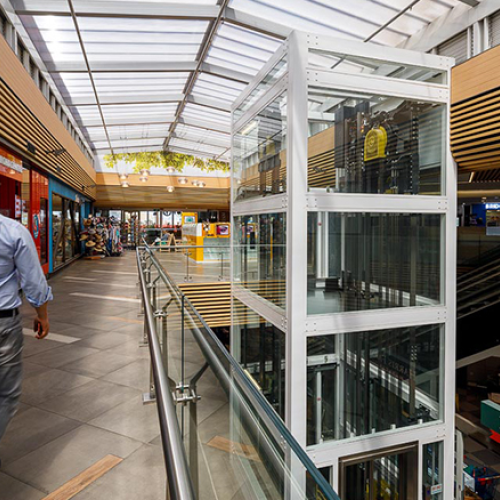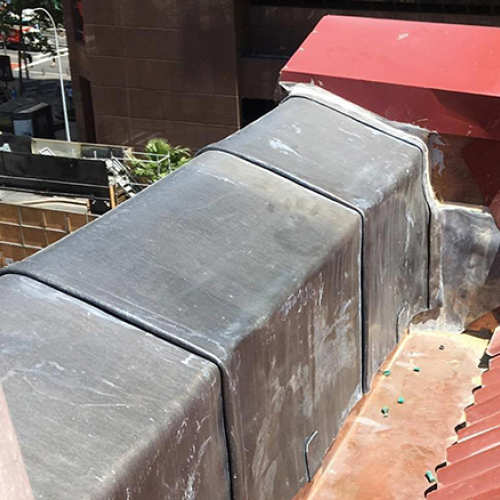Australia’s bustling cities are constantly evolving, and with this growth comes the need for more commercial construction projects. While these developments are essential for progress, they often result in significant waste and environmental impact. To combat this, building contractors in Sydney can be pivotal in reducing waste and increasing sustainability. This article will explore practical ways to achieve these goals, benefiting both the environment and the bottom line.
1. Sustainable Materials Selection
One of the first steps towards sustainability in commercial construction is the careful selection of materials. Opt for locally sourced, renewable, and recycled materials whenever possible. Using sustainable materials not only reduces environmental impact but can also enhance the project’s aesthetics.
2. Energy-Efficient Design
Incorporate energy-efficient design principles into your projects. Employ smart building designs that make the most of natural light and ventilation. Utilise high-quality insulation, energy-efficient HVAC systems, and solar panels to minimise energy consumption and reduce long-term operating costs.
3. Waste Reduction and Management
Efficient waste management is crucial for reducing waste in commercial construction. Implement a proper waste management plan that includes recycling and proper disposal of materials. As a leading building contractor in Sydney, CD Construction is dedicated to environmentally responsible waste management practices.
4. Sustainable Construction Techniques
Embrace sustainable construction techniques such as modular construction, which reduces waste and construction time. Prefabrication and off-site construction can also help optimise material usage and reduce on-site waste.
5. Water Efficiency
Water-efficient fixtures, irrigation systems, and landscaping can significantly reduce water consumption on commercial construction sites. Using drought-tolerant plants and capturing rainwater for reuse can further enhance water sustainability.
6. Green Certification
Pursue green building certifications like Green Star or NABERS. These certifications demonstrate your commitment to sustainability and attract environmentally conscious clients.
7. Sustainable Transportation
Promote sustainable transportation options for workers and suppliers. Encourage carpooling, the use of public transportation, and the adoption of electric or hybrid vehicles within your construction team.
8. Life Cycle Analysis
Consider the long-term impact of construction materials and techniques by conducting a lifecycle analysis. This approach helps in making informed decisions that minimise environmental consequences throughout a building’s lifespan.
9. Community Engagement
Engage with the local community to address their concerns and ideas regarding sustainability in your construction projects. This can foster goodwill and promote a positive image for your building contractor in Sydney.
10. Continuous Learning
Stay updated on the latest sustainable construction practices and technologies. Take part in workshops, seminars and conferences to get more knowledge and network with like-minded professionals.
Pioneering Sustainable Progress in Sydney’s Commercial Construction
Building contractors in Sydney hold the power to reduce waste and increase sustainability in commercial construction. By carefully selecting materials, embracing energy-efficient designs, managing waste responsibly, and implementing sustainable techniques, we can build a brighter and greener future for our cities.
At CD Construction, we are committed to these sustainability principles in every project we undertake. Our experienced team ensures that we not only meet but exceed the environmental standards, making us your top choice for sustainable commercial construction in Sydney. Contact us today to learn more about how we can bring sustainability to your next project. Together, we can make a difference.






